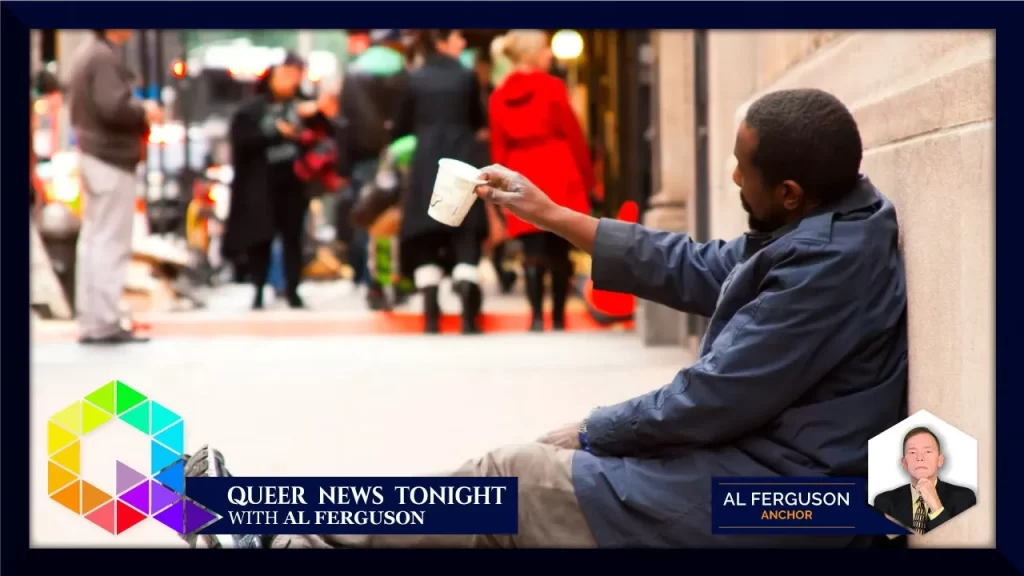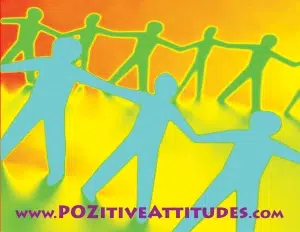A new report from the Williams Institute at the University of California has found that poverty among the LGBTQ+ community in the United States decreased significantly during the COVID-19 pandemic, but the community's poverty rate remains higher than that of straight cisgender people.
The report analyzed data from the Behavioral Risk Factor Surveillance System and the U.S. Census Household Pulse Survey to examine poverty rates among LGBTQ+ and non-LGBTQ+ people during the early days of the pandemic. The researchers found that the proportion of LGBTQ+ people experiencing poverty dropped from 23 percent in 2020 to 17 percent in 2021. During the same period, poverty declined from 16 percent to 12 percent for non-LGBTQ+ people.
While the decline in poverty rates among the LGBTQ+ community is certainly a positive development, the community's poverty rate is still higher than that of non-LGBTQ+ people. The report found that poverty rates for cisgender gay men dropped from 13 percent to 10 percent, while the rate for cisgender lesbians rose from 14 percent to 17 percent. Cisgender bisexual men had a drop in the poverty rate from 21 percent to 13 percent. However, poverty decreased for all subpopulations of LGBTQ+ people except cisgender lesbians.
The most notable declines in poverty from 2020 to 2021 were seen among transgender people and cisgender bisexual women. This is an encouraging trend, as these groups have historically experienced high rates of poverty and economic insecurity.
It's important to note that poverty rates among the LGBTQ+ community are influenced by a range of factors, including employment discrimination, lack of access to healthcare, and social stigma. These factors can make it more difficult for LGBTQ+ people to secure stable, well-paying jobs and maintain economic stability.
The Williams Institute report underscores the need for continued efforts to address economic inequality among the LGBTQ+ community. This includes policies to address discrimination in the workplace and ensure that LGBTQ+ people have access to affordable healthcare and other basic needs. With sustained effort and investment, we can work towards a more equitable and just society for all.


















